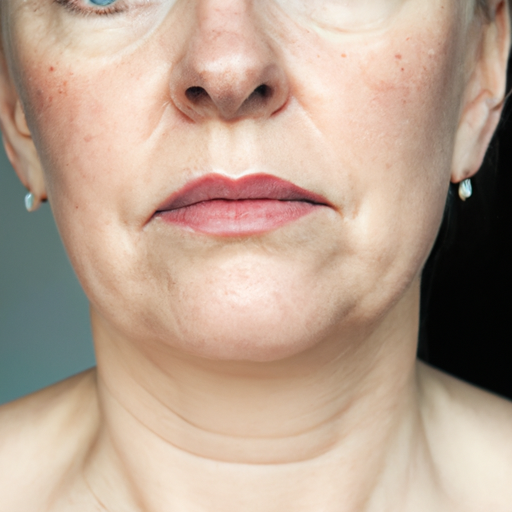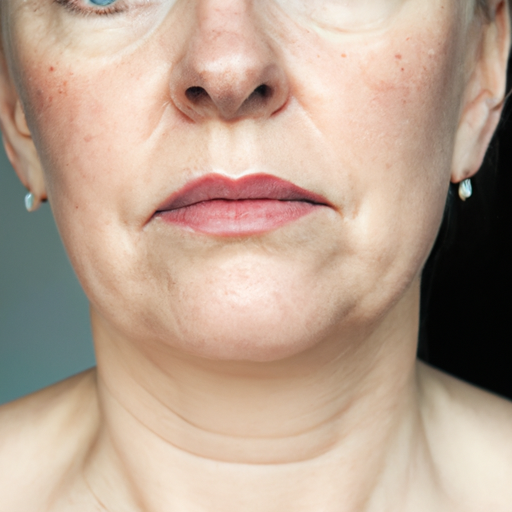As a dermatologist, I often encounter patients who are struggling to manage their sensitive skin. Sensitive skin can be a challenge to care for, as it is prone to irritation, redness, and discomfort. However, with the right approach, you can nurture your sensitive skin and keep it healthy and glowing. Here are eight essential tips that can help you in your journey towards better skin health.
1. Understand Your Skin: The first step in caring for sensitive skin is understanding it. Sensitive skin can be caused by a variety of factors, including genetics, environmental factors, and certain skin conditions like rosacea or eczema. It’s important to identify what triggers your skin sensitivity so you can avoid these triggers and prevent flare-ups.
2. Choose Products Carefully: Not all skincare products are created equal. Some contain harsh chemicals or fragrances that can irritate sensitive skin. Look for products labeled as ‘hypoallergenic’, ‘fragrance-free’, or ‘for sensitive skin’. These products are typically gentler and less likely to cause irritation.
3. Moisturize Regularly: Moisturizing is crucial for sensitive skin. It helps to strengthen the skin’s protective barrier, preventing irritants from penetrating the skin and causing inflammation. Choose a moisturizer that is free from fragrances and other potential irritants.
4. Avoid Over-Exfoliating: While exfoliation can help remove dead skin cells and give your skin a fresh glow, overdoing it can lead to irritation and sensitivity. If you have sensitive skin, limit exfoliation to once or twice a week and use a gentle, chemical exfoliant rather than a physical one.
5. Protect Your Skin from the Sun: Sun exposure can exacerbate skin sensitivity and lead to other skin problems like premature aging and skin cancer. Always wear a broad-spectrum sunscreen with an SPF of at least 30, even on cloudy days.
6. Stay Hydrated: Hydration is key to maintaining healthy skin. Drinking plenty of water helps to keep your skin hydrated from the inside out, reducing dryness and irritation.
7. Maintain a Healthy Diet: What you eat can have a significant impact on your skin health. Foods rich in antioxidants, like fruits and vegetables, can help to protect your skin from damage. Omega-3 fatty acids, found in fish and flaxseeds, can also help to reduce inflammation and improve skin health.
8. Consult a Dermatologist: If you’re struggling to manage your sensitive skin, it may be time to consult a dermatologist. A dermatologist can help you identify your skin triggers and recommend products or treatments that are suitable for your skin type.
Caring for sensitive skin doesn’t have to be a daunting task. By understanding your skin, choosing the right products, and adopting healthy lifestyle habits, you can nurture your sensitive skin and keep it looking and feeling its best. Remember, everyone’s skin is unique, and what works for one person may not work for another. It’s important to listen to your skin and adjust your skincare routine as needed.
In conclusion, sensitive skin requires a little extra care and attention, but with the right approach, you can manage your skin sensitivity and maintain a healthy, glowing complexion. Always remember that nurturing your sensitive skin is a journey, not a destination. Be patient with yourself and your skin, and don’t hesitate to seek professional help if needed.




